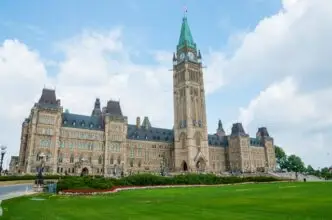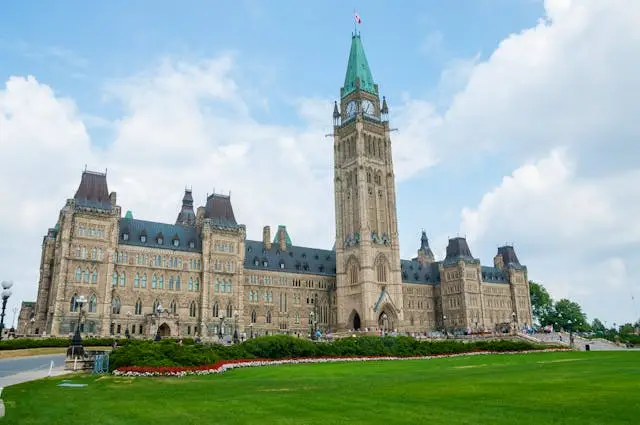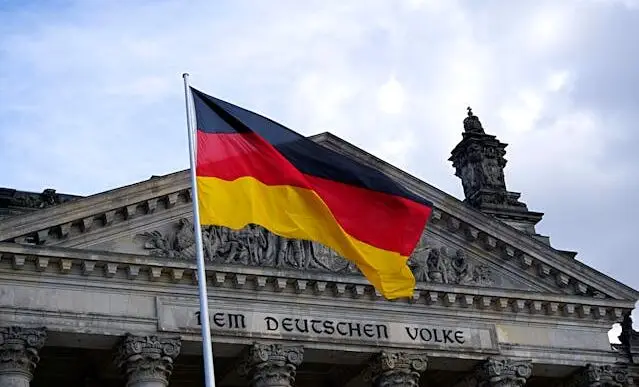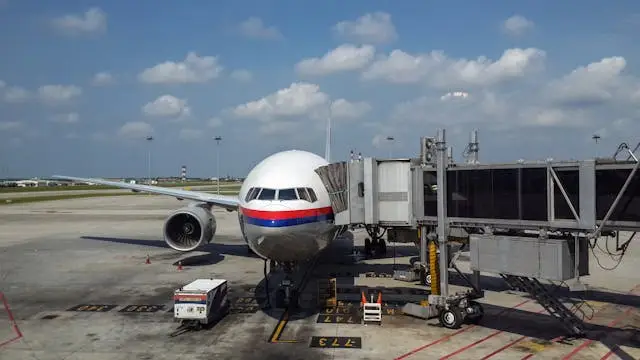In a shocking development that has rocked the political landscape of Canada, Finance Minister Chrystia Freeland has announced her resignation from Justin Trudeau’s cabinet. The unexpected departure of Freeland, a key ally to the Prime Minister, marks a significant blow to Trudeau’s Liberal government, further weakening his already precarious hold on power.
Freeland’s announcement came on Monday, sending shockwaves through political circles and leaving the future of the Trudeau administration in question. As Finance Minister, Freeland was instrumental in shaping and implementing Trudeau’s economic policies, particularly during the challenging times of the COVID-19 pandemic. Her departure leaves a considerable void in the cabinet and raises serious questions about the future direction of the government’s economic strategy.
Freeland’s Departure: A Blow to Government Stability
The resignation of Chrystia Freeland, who was not only the Finance Minister but also the Deputy Prime Minister, has caused a significant destabilization within Trudeau’s government. As one of Trudeau’s most trusted and influential cabinet members, Freeland’s departure is seen as a significant setback for a government that is already grappling with numerous challenges, both on the domestic and international front.
Freeland’s departure comes at a particularly inopportune time for Trudeau, who is already dealing with divisions within his party and growing discontent among the Canadian public. With the exit of such a key figure, Trudeau’s grip on power appears to be slipping, casting doubts on his ability to navigate the political challenges ahead.
Freeland’s Significant Contribution
Since her appointment as Finance Minister in August 2020, Freeland has played a crucial role in steering Canada’s economy through the unprecedented challenges of the pandemic. She was instrumental in implementing a series of measures to support Canadian businesses and households hit hard by the pandemic, earning her respect and recognition both nationally and internationally.
Freeland was the first woman to hold the position of Finance Minister in Canada, making her resignation all the more significant. Her departure is not only a loss for Trudeau’s cabinet but also represents a setback for gender diversity in Canadian politics.
The Implications for Trudeau’s Government
The sudden resignation of Chrystia Freeland has left Trudeau’s government in a precarious position. Her departure has raised questions about the government’s ability to continue implementing its economic policies and has left a noticeable gap in Trudeau’s leadership team.
With a weakened hold on power, Trudeau will be faced with the challenging task of finding a suitable replacement for Freeland. The person chosen will have to not only be able to effectively manage the country’s economy in these turbulent times but also be someone who can maintain party cohesion and public confidence in the government.
Freeland’s resignation has also fueled speculation about a possible challenge to Trudeau’s leadership within the Liberal party. While it is still too early to predict the long-term implications of this development, it is clear that Trudeau’s government is entering a period of uncertainty and instability.
In the immediate aftermath of the announcement, political analysts and observers will be closely watching Trudeau’s next moves. His ability to manage this crisis could play a significant role in determining the future trajectory of his political career and the overall stability of the Canadian government.















